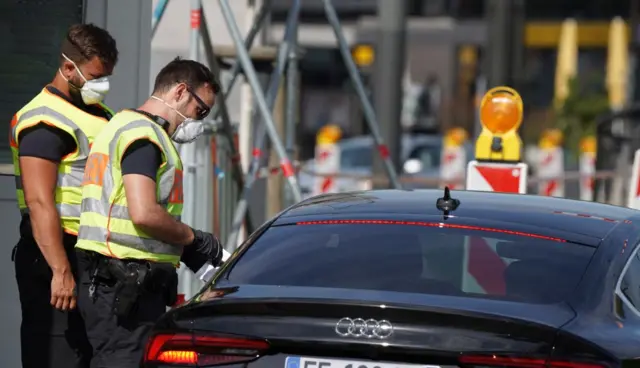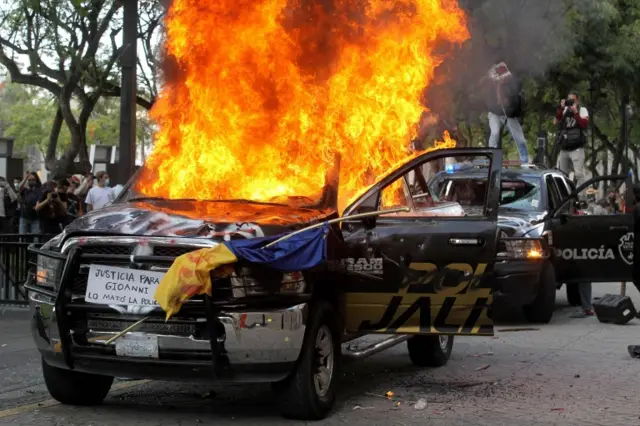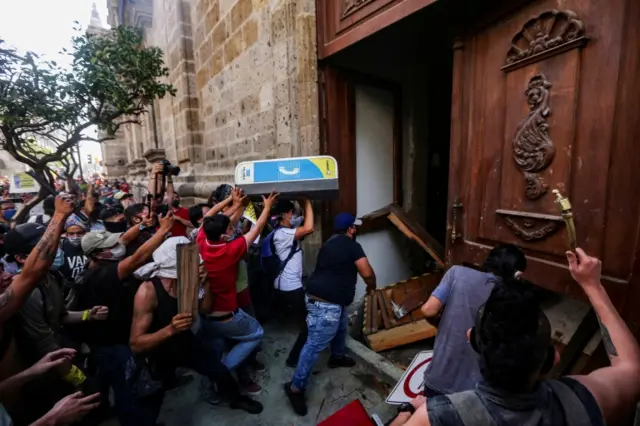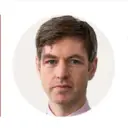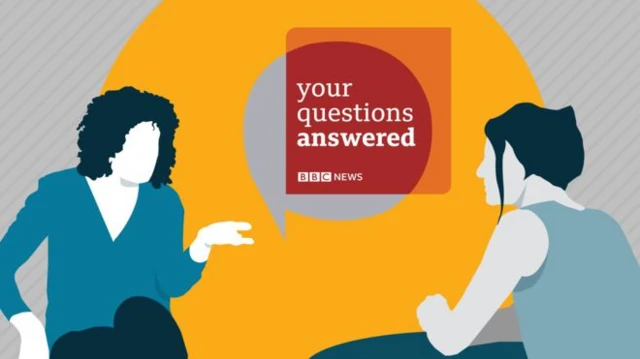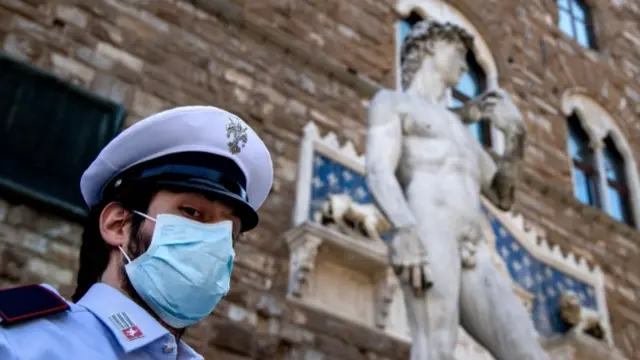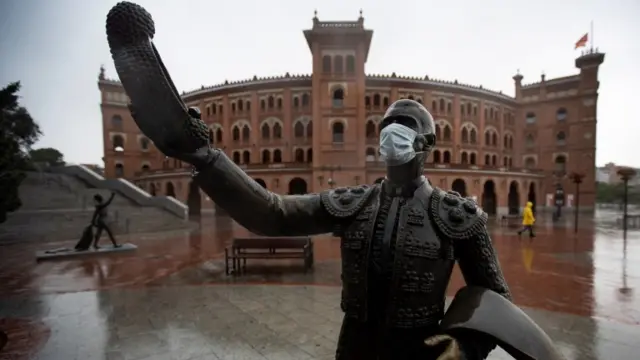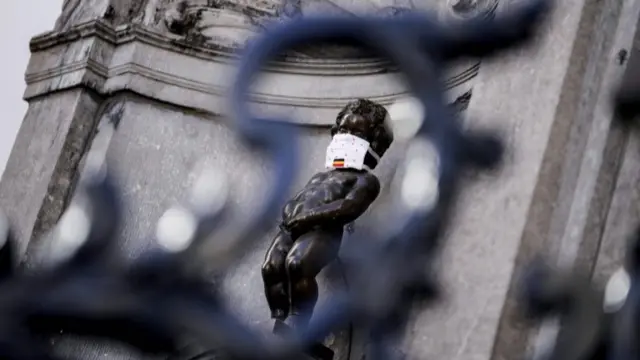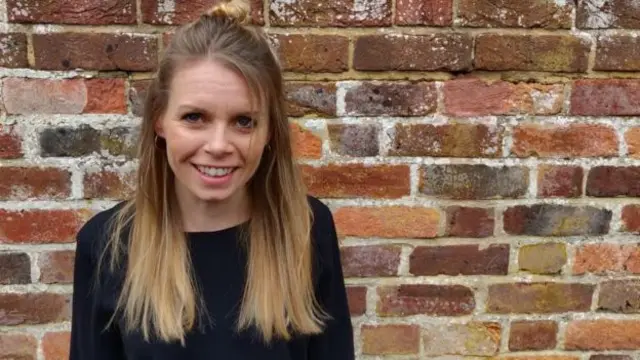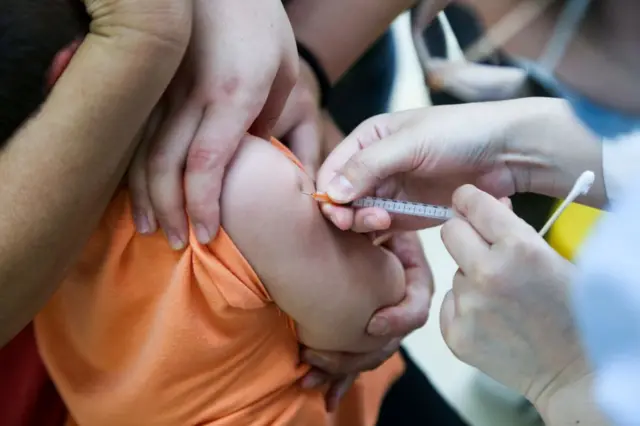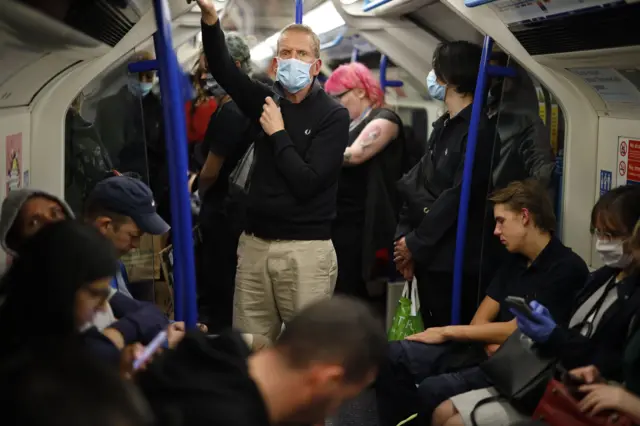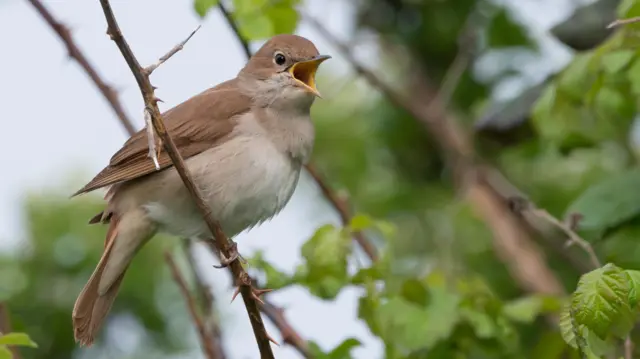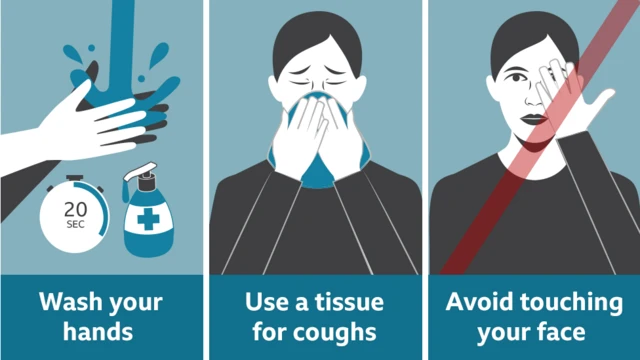Dementia deaths up during pandemicpublished at 10:59 BST 5 June 2020
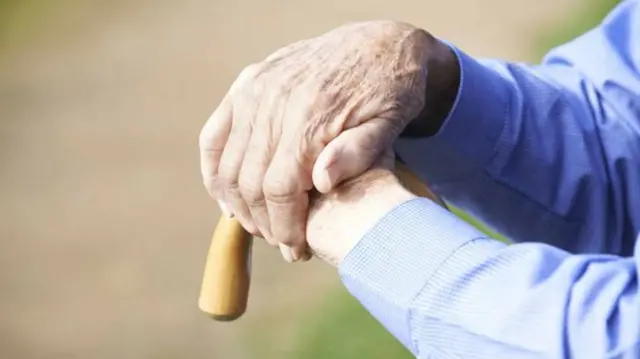 Image source, Getty Images
Image source, Getty ImagesWe're still digesting the slew of data from the UK's Office for National Statistics this morning.
Its analysis has also found that deaths due to dementia have been higher than average during the coronavirus pandemic.
The ONS figures suggest a third of deaths above the expected level for this time of year were not registered as being related to coronavirus.
Between 7 March and 1 May, recorded deaths were more than 50% higher than the five-year average.
Older age groups had the most elevated risk of dying from non-Covid-19 causes.
